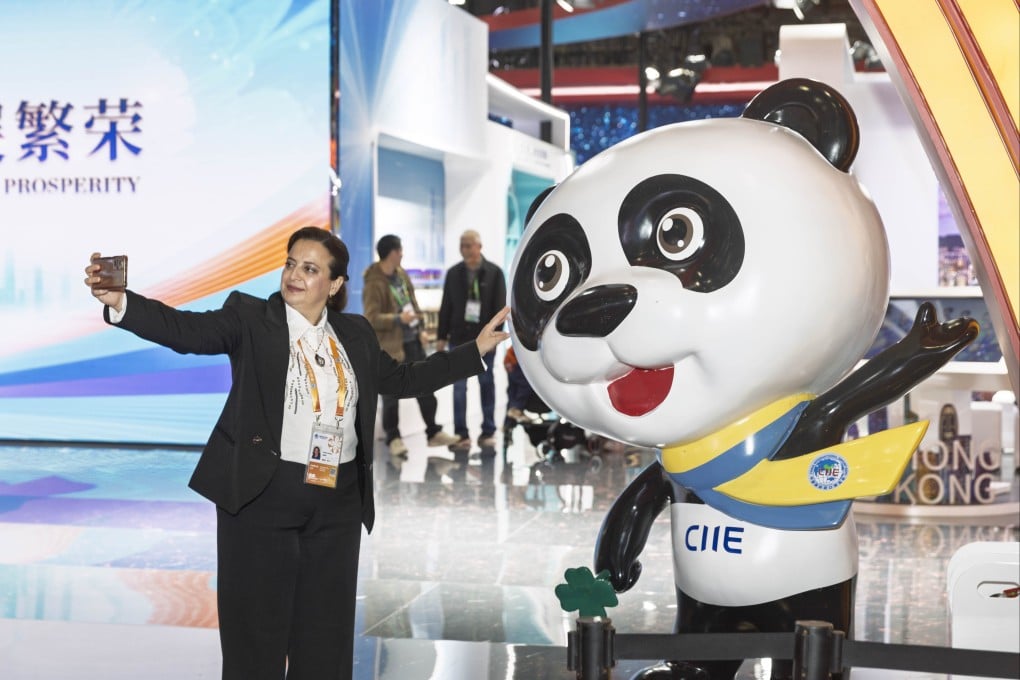Global businesses bet on China’s market despite Trump win, US trade tensions
On the sidelines of Shanghai’s CIIE trade fair, foreign companies brush away fears of a new US-China trade war after Trump’s victory

3M, the US conglomerate that produces products ranging from industrial to household items, said it is deploying intelligent solutions such as robot arms in its automotive product lines in China to track product parameters and give recommendations to customers based on their requirements. The company established its Chinese business 40 years ago and has seven factories on the mainland.
A localised supply chain provides benefits for both development and manufacturing, according to Jack Xiong, 3M China’s director of research and development operations in Greater China. It helps the company develop products “close to the needs of local customers” and “improves the speed of response in the supply chain”, he said.

Kim Nam-kook, general manager of investment and operations at E-Land Group, the largest fashion and retail company in South Korea, said it has made significant investments to adopt smart technologies in its Chinese supply chain.
“The size of the Chinese market is large enough to make up a 10 to 20 per cent share of total overseas sales of some Korean companies,” Kim said. “Even under market fluctuations, that share is absolute.”
